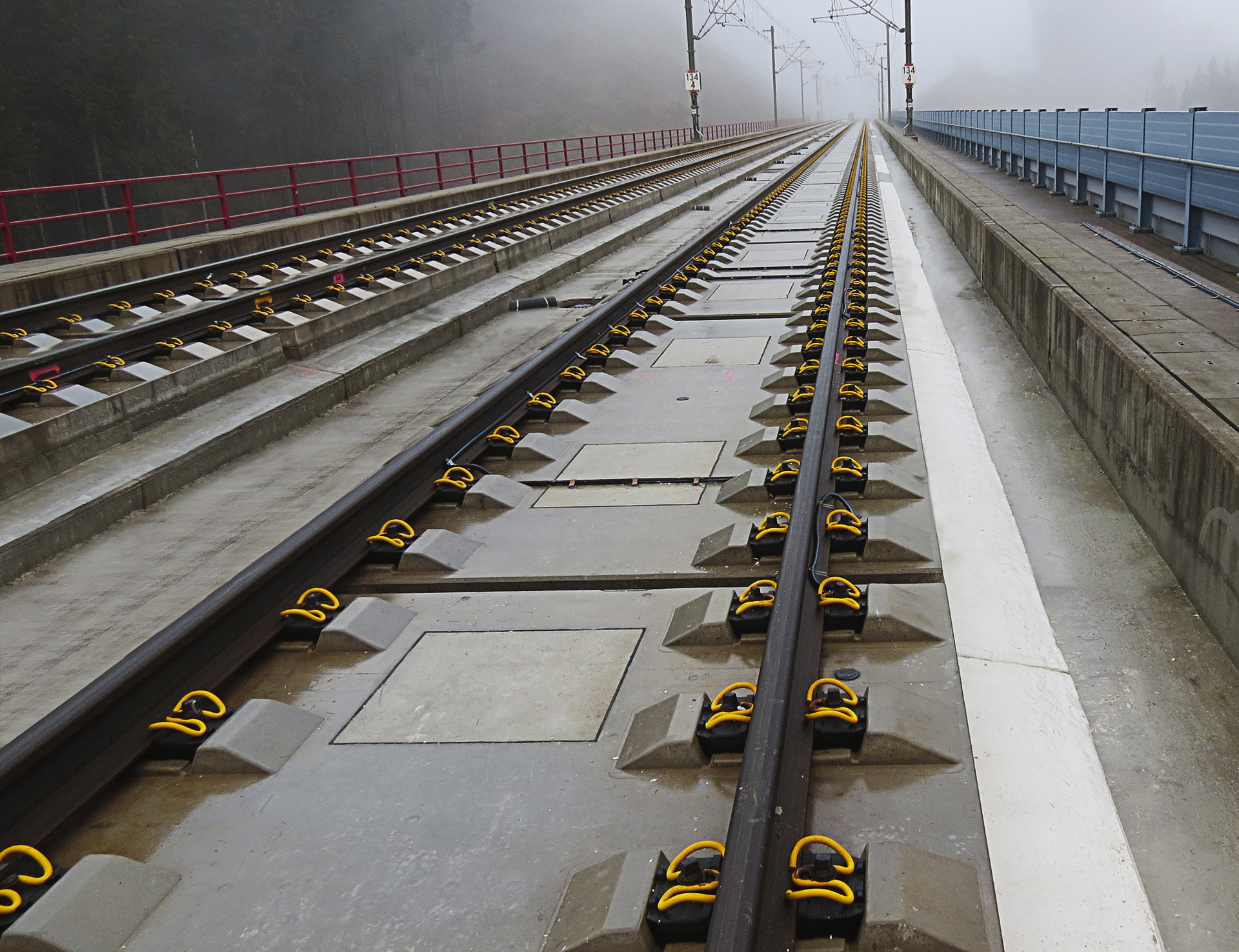Coating with the highest carbonatation resistance

POWER-COLLOID: HIGHEST PROTECTION AGAINST CARBONATATION AND CO2
In building technology carbonatation refers to a chemical reaction which takes place in any concrete and whenever carbon dioxide and moisture are present.
This process does not damage the concrete directly. On the contrary, the strength of the concrete increases through the formation limestone, which is generally appreciated.
Yet when carbonatation takes place in reinforced concrete it is considered to be very detrimental. During the drying process, the pH value in the concrete drops significantly, the oxide layer around the steel reinforcement in the concrete dissolves (depassivation), and the highly alkaline environment which protects the steel is lost.
As a result, moisture, air or acid gases penetrate into the structure and attack the steel, a process which causes serious damage to the component or structure.
A POWER COLLOID coating prevents this risk reliably and durably, thanks to the following qualities:
- long lasting corrosion protection against moisture and water under pressure
(DIN 1048 T5) - lasting resistance to dew and salt water
(DIN EN 1340) - carbonatation protection (0.00 mm depth of penetration)
- high CO2 resistance (1.27 mm depth of penetration after 60 years)
- fast processing and drying so no production time delay